Chinese Agriculture Minister Tang Renjian Under Investigation for Severe Violations, Sparking Public Debate on Corruption and Governance
The recent developments surrounding Tang Renjian, the Minister of Agriculture and Rural Affairs of China, have sparked significant discussion and controversy among Chinese netizens.
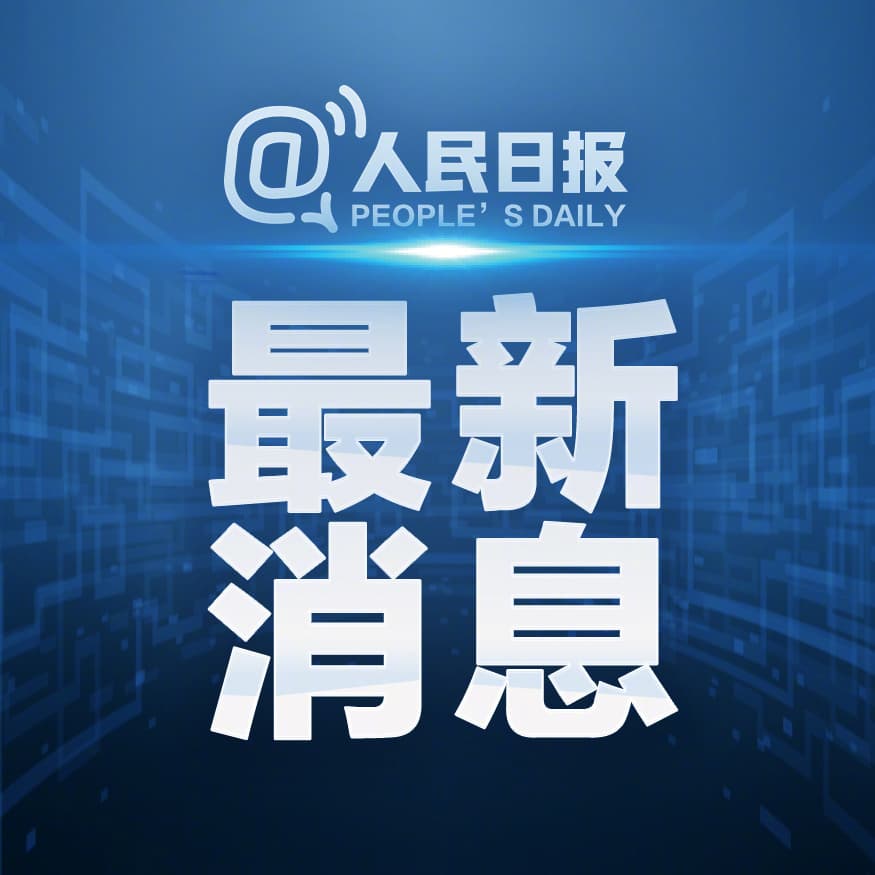
19 May 2024
Tang is currently under investigation by the Central Commission for Discipline Inspection (CCDI) and the National Supervisory Commission for alleged severe violations of discipline and laws. This news has not only caught the attention of the public but has also raised broader questions about corruption and governance in China. The CCDI and the National Supervisory Commission have confirmed that Tang Renjian, who also serves as the Party Secretary of the Ministry of Agriculture and Rural Affairs, is undergoing disciplinary review and supervisory investigation. This action underscores the Chinese government's continued efforts to root out corruption at all levels, a campaign that has been a hallmark of President Xi Jinping's administration. Reactions from Weibo, China's popular social media platform, highlight a mix of surprise, cynicism, and support for the anti-corruption drive. One user remarked, "In Gansu, he seemed to be doing a good job; how did it come to this?" suggesting a sense of shock and disappointment about Tang's current predicament given his past performance. Another user commented, "Anti-corruption work should not be about ‘killing the chicken to scare the monkey’; instead, it should be ‘killing the monkey to warn the chickens’.
Those high-ranking corrupt officials must be thoroughly investigated and severely punished. Equality before the law is essential." This statement reflects a broader sentiment that the anti-corruption campaign must be unwavering and impartial, aiming to deter potential wrongdoers by making examples of those who are caught. The investigation into Tang Renjian, a minister-level official, is particularly alarming to some netizens. One comment noted, "Taking down a minister-level official is quite shocking. This could have a huge impact." This reaction underscores the gravity of the situation and the potential ripple effects it could have across other governmental departments. Another user expressed skepticism about the timing and underlying reasons for the investigation, suggesting, "Many ministers take office midway through their careers, and issues often arise outside their current roles.
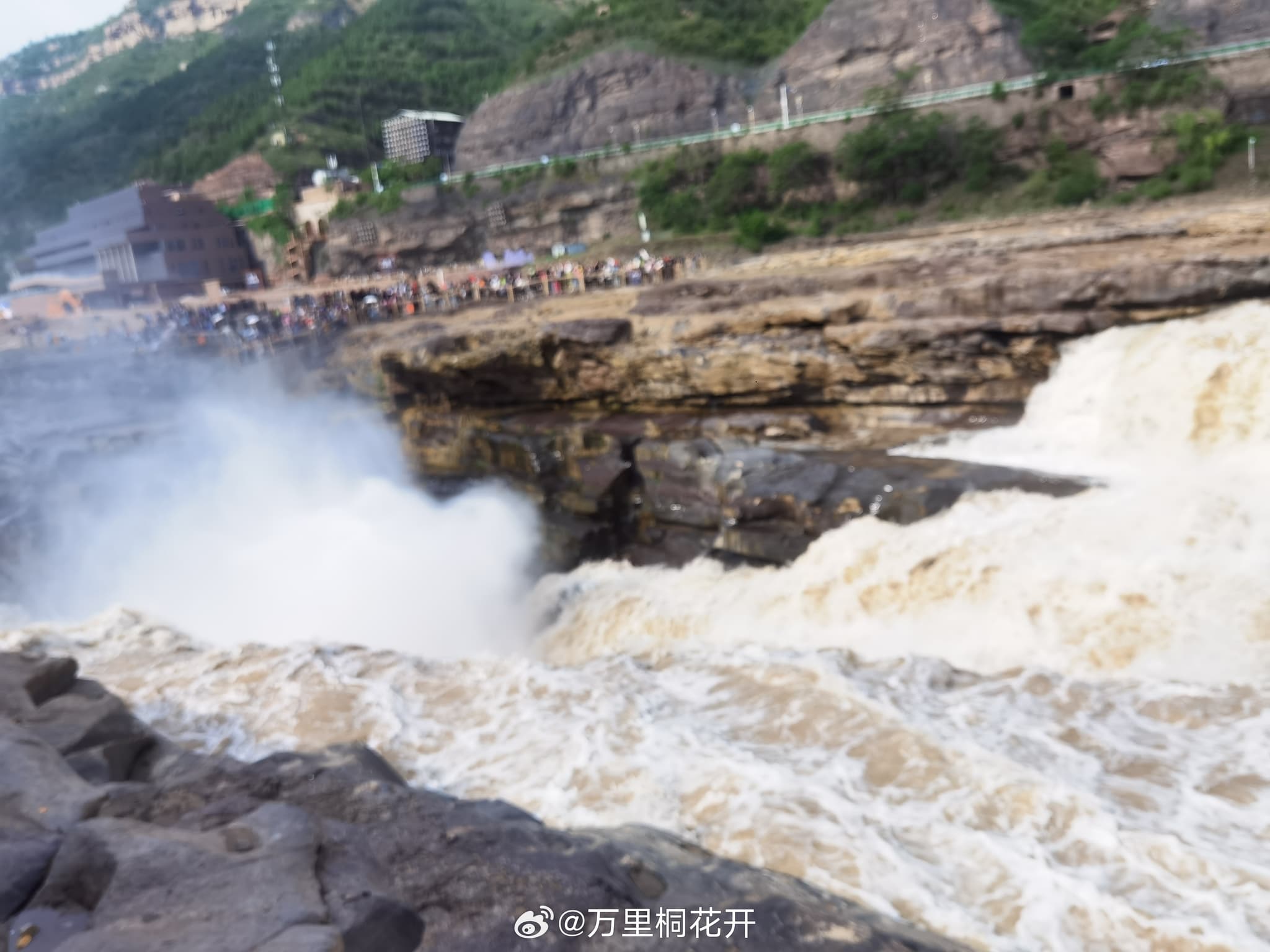
This likely has nothing to do with GMOs. The matter of genetically modified organisms requires deeper scrutiny." This comment alludes to ongoing debates and concerns regarding genetically modified crops in China, a contentious issue that has yet to fully resolve in the public sphere. The current investigation into Tang Renjian also draws attention to broader security concerns beyond corruption. A parallel discussion on Weibo brought up a case involving alleged espionage activities under the guise of international academic collaboration.
According to a report from CCTV, a foreign non-governmental organization (NGO), supported by a Western country, had engaged in so-called "project cooperation" with a national-level nature reserve in southwestern China. This project reportedly involved covertly installing weather stations, infrared cameras, and conducting GPS surveys to illegally obtain sensitive data on China's natural reserves. The report detailed that this NGO used financial incentives and even sex traps to coerce Chinese personnel into assisting with the illicit activities, ultimately transferring a vast amount of geographical, meteorological, and biological data out of China. "This so-called 'project cooperation' was a cover for significant data theft activities," detailed the CCTV report, illustrating the gravity and sophistication of the espionage operation. This incident has heightened concerns about national security and the protection of ecological data, illustrating a complex web of challenges that China faces both domestically and internationally.
The developments around Tang Renjian’s investigation and the espionage case are set against a backdrop of President Xi Jinping's extensive anti-corruption campaign, which has seen numerous high-profile takedowns of officials across various levels of government. The campaign is part of a broader effort to consolidate power, improve governance, and maintain public trust in the ruling Communist Party. As the investigations continue, they serve as a potent reminder of the ongoing vulnerabilities within China's political and administrative systems. Tang Renjian's case, in particular, will be closely watched not just for its immediate outcomes but also for how it fits into the broader narrative of Chinese governance and anti-corruption efforts. The public’s reaction, as evidenced on platforms like Weibo, reflects a complex mix of support for anti-corruption measures, concern over national security, and skepticism about the thoroughness and fairness of these initiatives. The implications of these investigations are potentially far-reaching, not only affecting the individuals directly involved but also signaling to other officials the serious consequences of engaging in corrupt practices. As one user succinctly put it, "Whoever doesn't restrain themselves will be dealt with," capturing the essence of the government's message in its anti-corruption campaign. In conclusion, the unfolding events surrounding Tang Renjian and the espionage case underscore the multifaceted challenges faced by China in its efforts to maintain integrity within its government and safeguard its national interests.
The reactions from the public, as expressed through social media, provide a window into the broader societal impacts and concerns that accompany these high-stakes investigations.
Share this article
Related Articles
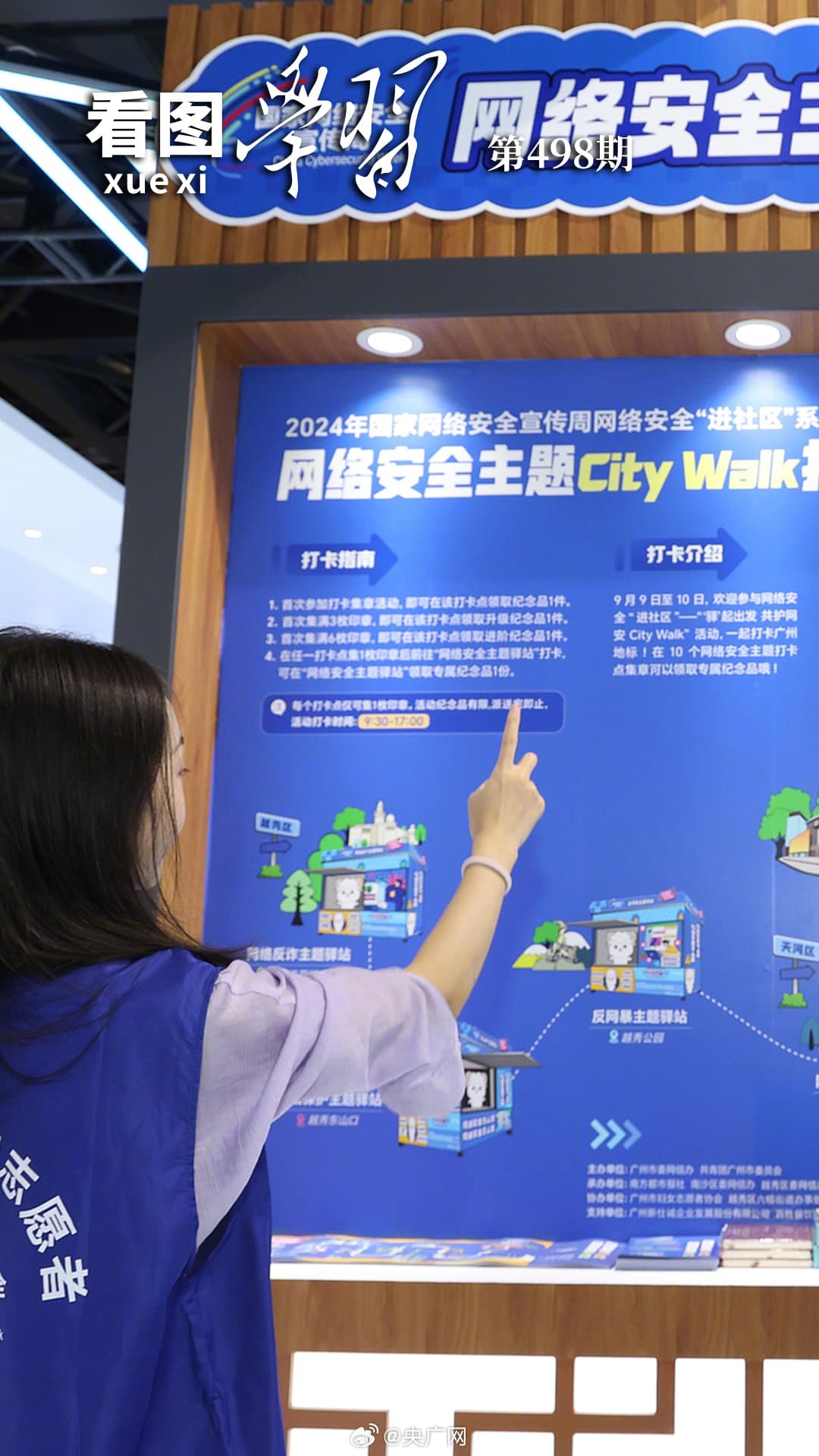
Xi Jinping Elevates Cybersecurity to Core National‑Security Pillar, Driving China’s Quest for a Cyber Superpower
By Trending on Weibo
News & Politics
15 Sept 2025
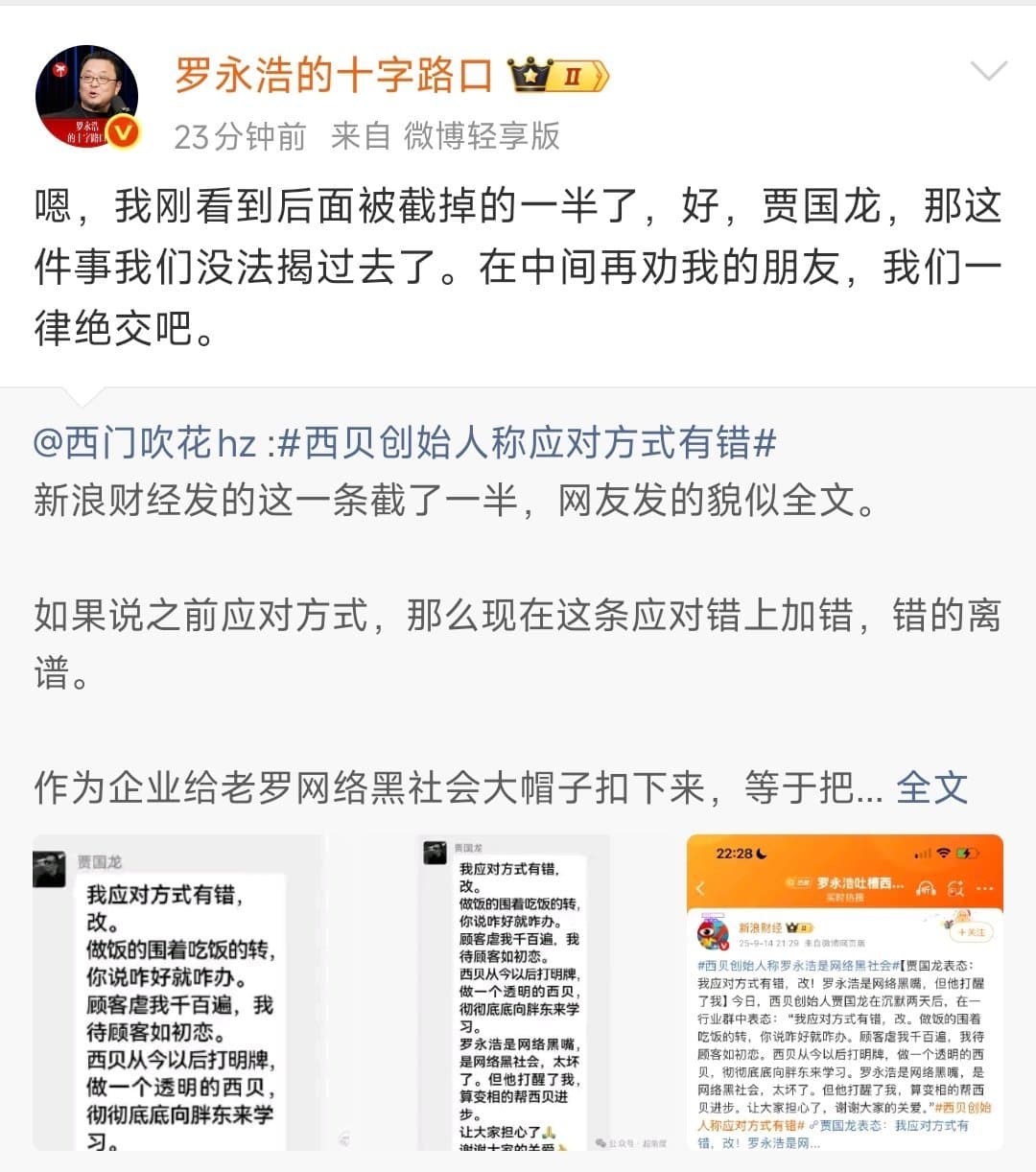
Luo Yonghao vs. Xibei: Celebrity Entrepreneur Sparks Media Storm Over Pre‑Made Dishes and Calls for Transparency
By Trending on Weibo
News & Politics
15 Sept 2025
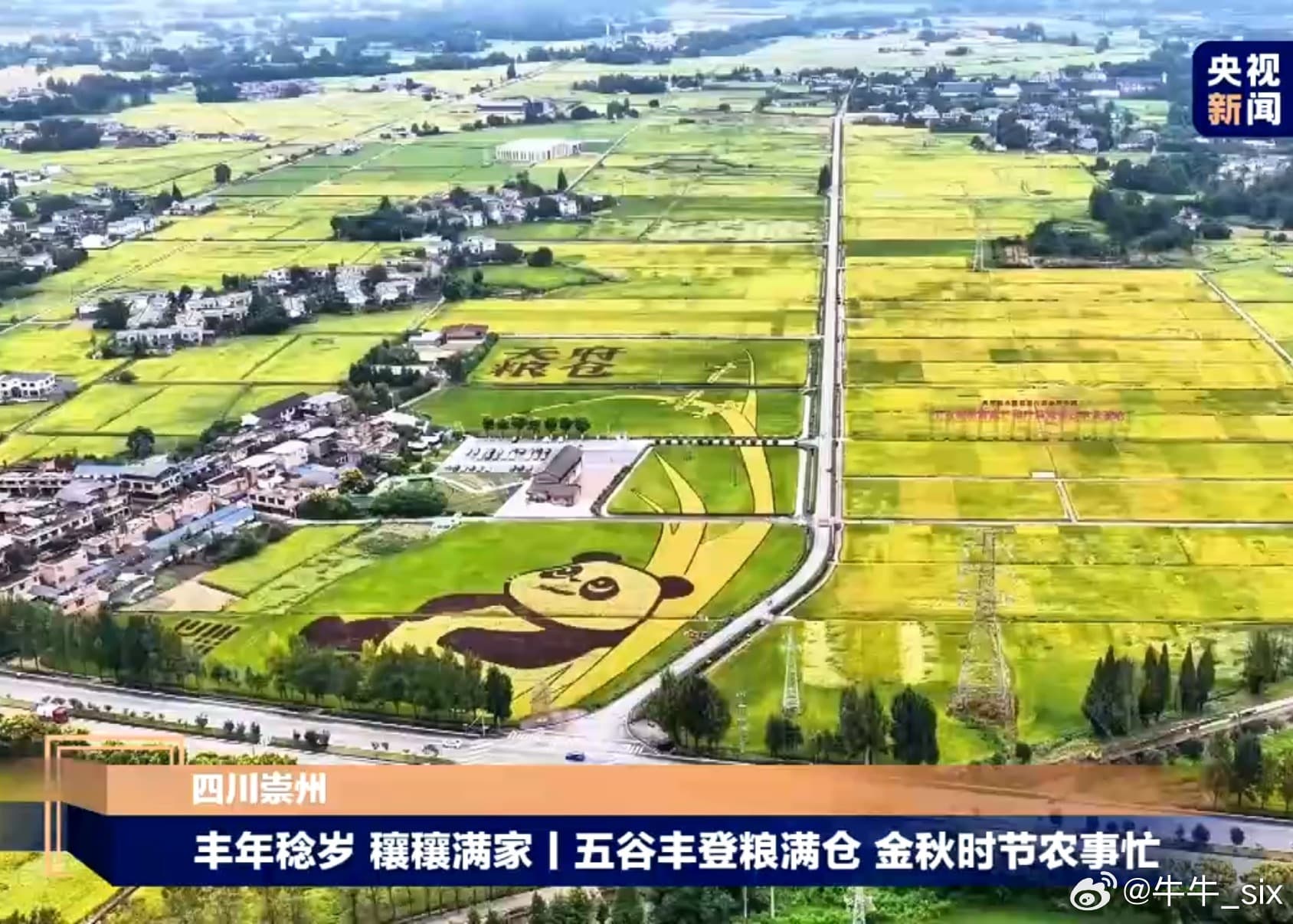
Weibo Celebrates Autumn Harvest as China’s Fields Become the Nation’s Most Beautiful Canvas
By Trending on Weibo
News & Politics
15 Sept 2025
China Enacts First Comprehensive Rental Regulations to Legalize and Stabilize the Rental Market
By Trending on Weibo
News & Politics
15 Sept 2025
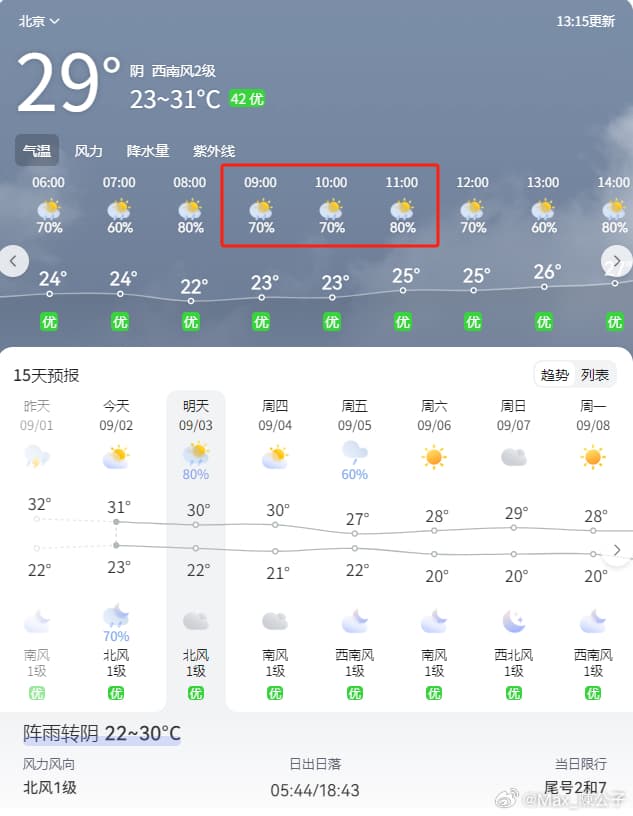
Beijing’s Weather Emerges as a Barometer for China’s Climate Policies and Public Life
By Trending on Weibo
News & Politics
13 Sept 2025